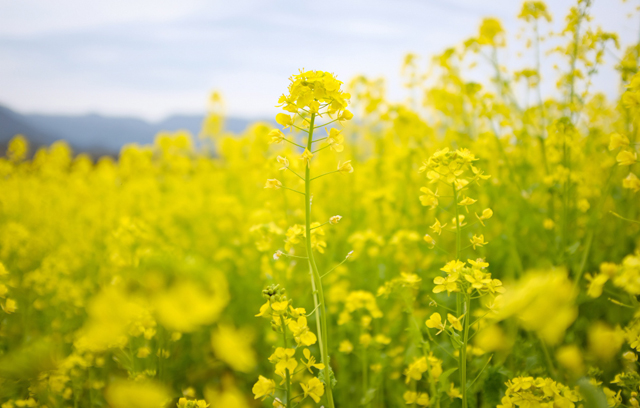Source: Oleoscope (Russia)
Rapeseed supplies to EU from Ukraine are a crucial component of the European oilseed market. However, a recent report shows a significant shift in trade dynamics. Specifically, supplies to the European Union from Ukraine experienced a notable decline. This drop, amounting to 24 percent, highlights changing trends in agricultural exports.
Factors Influencing the Decline
Several factors likely contributed to this reduction in rapeseed exports. Firstly, fluctuations in domestic rapeseed production within Ukraine are important. Production volume reached 4.07 million tons in 2023/24 MY. However, adverse weather conditions could impact yields. Furthermore, shifting global demand patterns also play a role. The EU’s own rapeseed production could influence import needs. Moreover, competition from other exporting countries is a key consideration.
Here’s a more detailed breakdown of the changes:
- Overall Decrease: Rapeseed supplies to the EU from Ukraine fell by 24 percent.
- MY 2023/24: Production volume was 4.07 million tons.
Impact on the EU Market
The decrease in rapeseed supplies to the EU from Ukraine has implications for the European market. Consequently, prices may experience upward pressure due to reduced availability. Additionally, the EU may need to diversify its sources of rapeseed. Alternative suppliers could include Australia and Canada. Moreover, the shift could impact the biofuels industry. Rapeseed oil is a key ingredient in biodiesel production.
While Ukrainian rapeseed exports decreased to the EU, exports increased to other regions. For instance, supplies to Pakistan went up significantly. Additionally, Bangladesh and Turkey also became important export destinations. Furthermore, these shifts demonstrate the adaptability of Ukrainian exporters. They are actively seeking new markets.
In conclusion, the decline in rapeseed supplies to the EU from Ukraine represents a noteworthy development. These changes require careful monitoring by industry stakeholders. The market will likely adapt to these shifting trade patterns. Despite the decrease to the EU, Ukrainian rapeseed remains a significant commodity in the global market.

